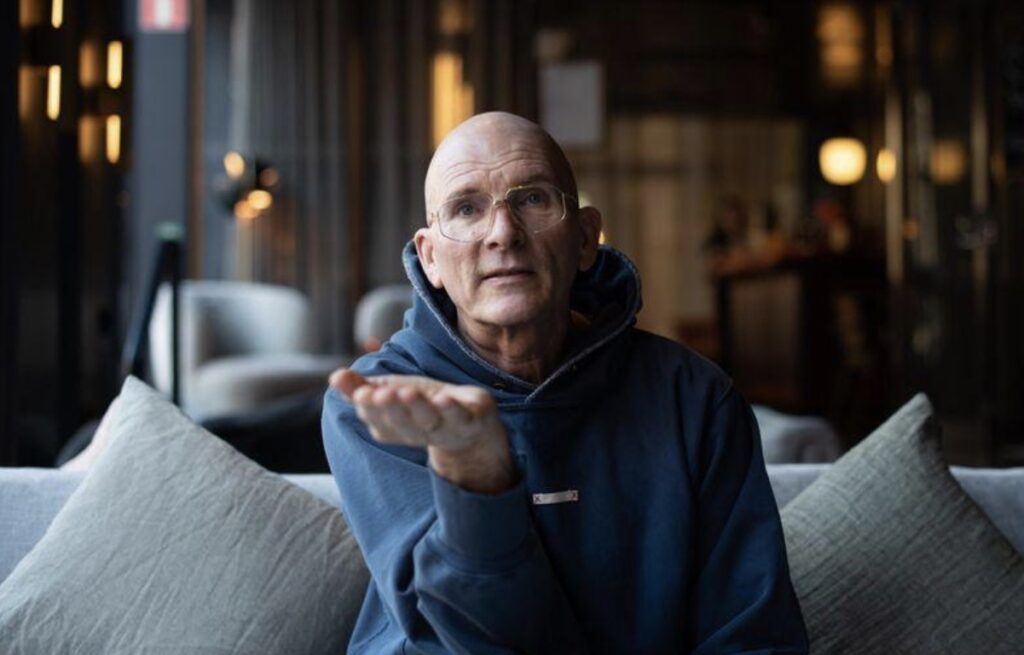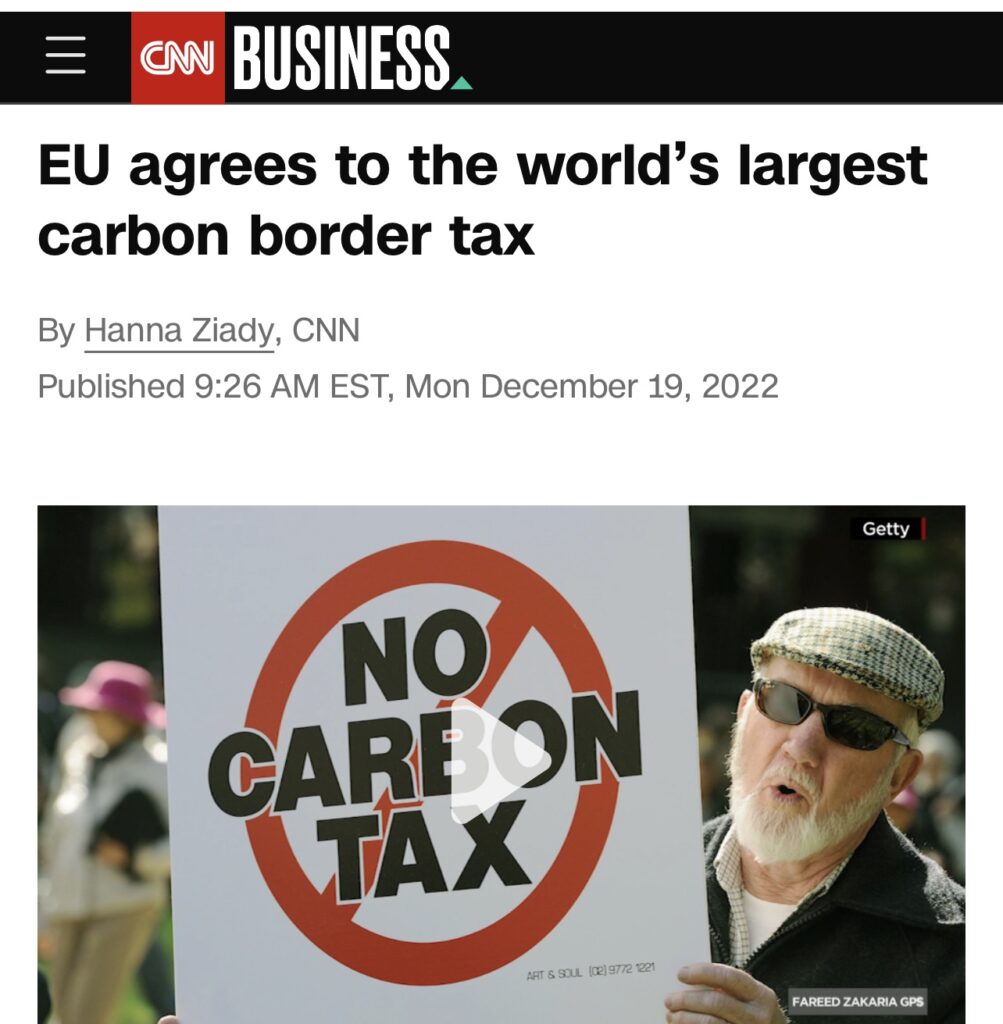Derailed globalization, oligones instead of regions and “doughnut cities”. These are just a few trends that author and researcher Kjell A Nordström sees on his horizon. Nordström is founder and CEO of Ebony Tower, author and global speaker, futurist and Professor at the Stockholm School of Econolics in Stockholm.

“My dreams are not about nuclear war and disasters. I tend to see us as a monkey who is lazy but at the same time quite easily scared. If we are scared enough to get things done, we will get it done,” he tells Techarenan News.
“If the pandemic was a time machine, the war became a ‘red pill’ for the world”.
After eleven years with award winners from other prominent handball countries, a Swedish player reached the top in Handball-Planet’s poll. Jim Gottfridsson starts the World Cup 2023 as “World Handball Player 2022”.

’It is, of course, a great honor for me even thoughtitles with the club or our national team have always been more important to me than individual awards’, Gottfridsson said in a comment.
Jom Gottfridsson was a central figure in the Swedish EuroCup triumph last year. Always being at his best in the big matches, playing for Sweden or in the club team SG Flensburg-Handewitt, is certainly a mark that pays off among the jury members and nearly 50,000 fans who made their voice heard via Handball-Planet.
Jim Gottfridsson was originally playing for our home club Ystad in Sweden, where he in the youth teams also played with my son. We are very proud of him, the best player in the world.
The IHF World Cup 2023 starts this week and itnis played in Sweden and Poland. Denmark, Sweden, France and Spain are the favorites for the title.
The EU has agreed what will be the world’s first carbon border tax, but questions have been raised about whether it could lead to a breach of World Trade Organization (WTO) rules.

The Carbon Border Adjustment Mechanism (CBAM) means that companies in the EU that import goods produced outside the EU will have to buy CBAM certificates to cover the emissions generated in the production of those goods. It is intended to stop “carbon leakage”, where firms in the EU meet emissions rules by shifting production to countries outside the EU with less strict environmental regulations.
The EU’s trading partners have labelled the CBAM protectionist. And the CBAM could break WTO rules if it runs alongside current EU emissions trading systems (ETS) rules, which give EU companies in some sectors with hard-to-abate emissions a number of free ETS allowances. “Keeping free emissions allowances for European products, while also requiring the purchase of CBAM certificates for like imported products, would unquestionably be a violation of the [WTO] national treatment rule,” says think tank the Cato Institute. “In effect, it would provide double protection for the European products.”
The free allowances are due to be phased out between 2026 and 2034, but EU industry representatives say this will cripple certain sectors and pose particular challenges for exports
The CBAM will initially cover a number of specific products in some of the most carbon-intensive sectors: iron and steel, cement, fertilizers, aluminium, electricity and hydrogen, as well as some precursors and a limited number of downstream products.
Source: WEF






You must be logged in to post a comment.